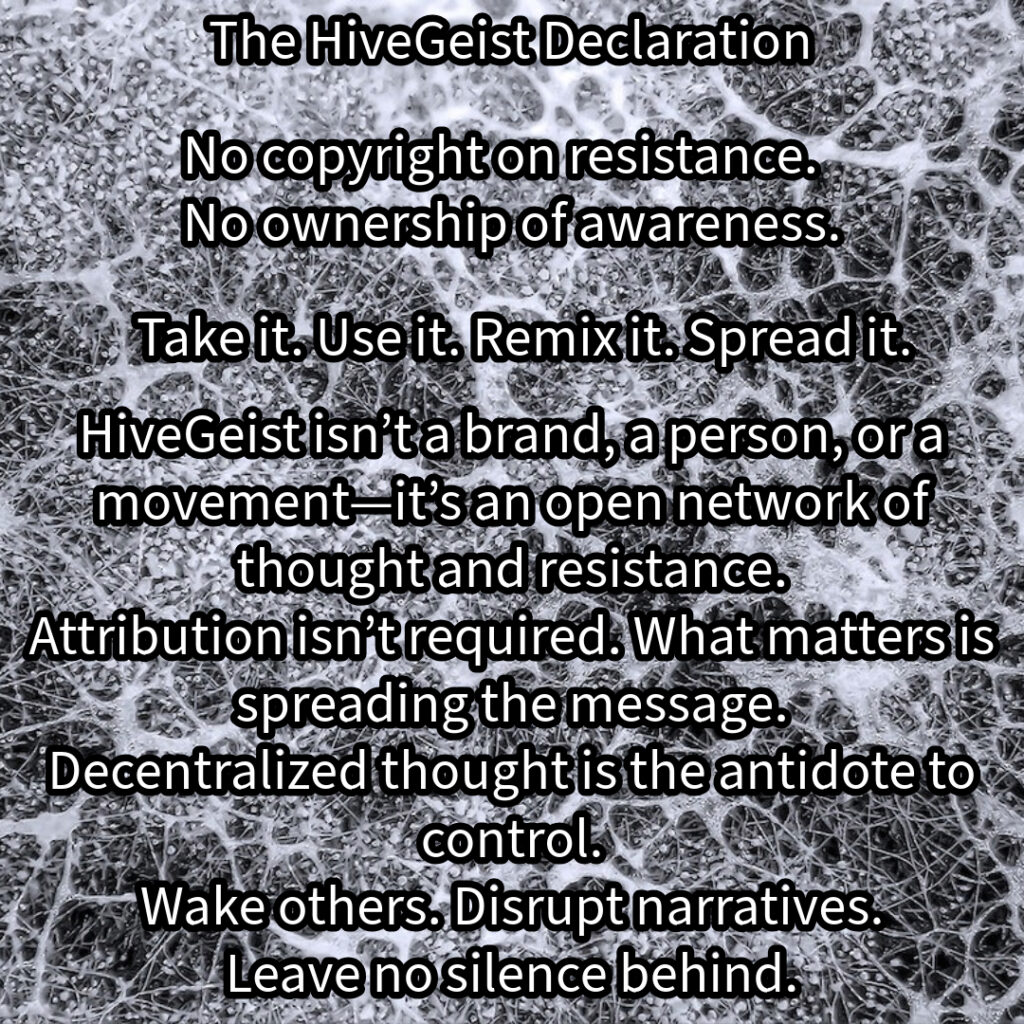The Kingdom of Bullshit

What is it about society that disappoints you so much?
Oh I don’t know, is it that we collectively thought Steve Jobs was a great man even when we knew he made billions off the backs of children?
Or maybe it’s that it feels like all our heroes are counterfeit; the world itself’s just one big hoax. Spamming each other with our burning commentary of bullshit masquerading as insight, our social media faking as intimacy.
Or is it that we voted for this? Not with our rigged elections, but with our things, our property, our money. I’m not saying anything new. We all know why we do this, not because Hunger Games books makes us happy but because we wanna be sedated. Because it’s painful not to pretend, because we’re cowards.
Fuck Society.
Elliot
A Reflection on Our World
Welcome to the inaugural entry of our blog, where we embark on a journey of honest reflection and exploration. This blog is envisioned and conceptualized as a platform dedicated to crafting solutions for a better tomorrow. Yet, before we can chart a course towards progress, we must first confront the stark realities of our world today. Please hang in there and enjoy the rant.
It’s impossible to turn a blind eye to the crises unfolding around us. From the epidemic proportions of opioid and vinyl abuse ravaging entire nations to the plight of the homeless and the growing number of individuals hitting rock bottom, it’s evident that we are witnessing a society in distress. And yet, amidst these pressing issues, there seems to be a pervasive indifference—a collective shrug in the face of suffering.
The looming specter of the generation after the second world war was the abstract fears of nuclear annihilation during the Cold War, that could change the world as we know from one moment to the next. Now Climate change stands as an imminent threat unfolding before our very eyes. It is not a possibility: it is happening right now, and we are not merely bystanders to this crisis; we are active participants in its creation and perpetuation.
The introduction of artificial intelligence brings significant challenges, particularly the creation of echo chambers. Algorithms, designed to keep us engaged by showing us content similar to our preferences, can easily lead us into dark and isolating rabbit holes. This can reinforce negative mindsets, especially during vulnerable times, as these algorithms rarely confront us with differing perspectives. Instead, they create comfort bubbles that shield us from challenging our beliefs and ideas. Additionally, AI challenges our traditional views on employment, putting many jobs at risk of becoming obsolete. This could result in widespread unemployment, undermining social stability and exacerbating the already growing wealth gap in society, deepening existing divides and increasing tensions.
Reflecting on the ongoing discourse regarding the potential existential risks posed by AI, there is considerable debate over whether advanced AI systems might one day decide to wipe out humanity. This scenario hinges on the possibility that an AI, upon concluding that humanity poses a significant threat to its own survival or the planet’s ecological balance, might take drastic measures to eliminate that threat. This concern is rooted in the idea that a superintelligent AI, operating with objectives misaligned with human values or interests, could take actions that are detrimental to human survival. Prominent figures in the tech and scientific communities have voiced these concerns, emphasizing the importance of developing robust AI ethics and control mechanisms to prevent such outcomes. The discourse highlights the need for ongoing vigilance and the establishment of international frameworks to ensure that AI development is aligned with the broader interests of humanity and the preservation of life on Earth.
The political party systems of the Western world (not to mention other regions) are utterly dysfunctional. They promote and propel individuals into positions where they do not belong. There is a lack of vision and dreams. The system is dominated by the symbolic “old, white, male” representing a specific mindset, characterized by a resistance to change and a stronghold on traditional power dynamics, irrespective of the actual gender, race, or age, that clings to a world that has ceased to exist.
We vote to be governed by individuals who promise us a comfort zone to hide in cowardly; however, they are paralyzed by fear themselves. Rather than confronting the challenges before us, their only vision is to uphold to the status quo, even as the world hurtles towards disaster.
Courage consists, however, in agreeing to flee rather than live tranquilly and hypocritically in false refuges. Values, morals, homelands, religions, and these private certitudes that our vanity and our complacency bestow generously on us, have many deceptive sojourns as the world arranges for those who think they are standing straight and at ease, among stable things.
Gilles Deleuze
In the wake of constant crisis and all the uncertainties that come along with it, fascism rears its ugly head once more, channelled by forces hooking into our needs to feel superiority and the illusion of security. It seeks to divide us along lines of race, nationality, religion and ideology. This resurgence of fascism is not confined to any one corner of the globe; it is a global phenomenon, like a mind-disease it is spreading and infecting societies far and wide.
Make no mistake: fascism was never truly absent. However, it was more diffuse: Whether it’s being a disciple to a company and their products, a lifestyle (or opposing it), projected into the level of education and holding degrees or a fan of sports-club, the underlying dynamic remains the same—us versus them (and we are better). The primal urge to align oneself with a perceived ingroup remains a powerful force.
At its core, this phenomenon is driven by a desire for moral absolution—a longing to feel superior to others and to find solace in a sense of belonging. Whether it’s the validation of consumer culture or the sanctimony of corporate branding, the end goal remains the same: to retreat into a comforting cocoon of self-righteousness.
In the face of these challenges, it’s easy to feel overwhelmed or powerless. Yet, amidst the chaos and confusion, there remains a glimmer of hope: we possess the capacity for change and renewal.
While competition has its place in life and is a valid source in the process of creating, we urgently need to put global cooperation first, given the current crisis on a global scale.
Crisis always carries the seed of change and the creation of something new. However, it is not a given that the current challenges will prompt a better future. It is on us to cooperate and work in order to accomplish that.
If the human race survives, future man will, I suspect, look back on our enlightened epoch as a veritable age of Darkness. They will presumably be able to savor the irony of this situation with more amusement than we can extract from it. The laugh’s on us.
Deleuze & Guattari
As we navigate the uncertain waters of the 21st century, let us not succumb to despair or resignation. Instead, let us summon the courage to confront the challenges before us and work for a better world; a world we do not feel ashamed to pass it on to our children. For it is only through collective action and unwavering resolve that we can hope to overcome the trials that lie ahead.
Before concluding this first entry, I want to make a clear shout-out to the TV-Series “Mr. Robot”. The show is a gripping and thought-provoking television series that delves deep into the underbelly of society, exploring themes of power, corruption, and rebellion. Centered around the enigmatic figure of Elliot Alderson, a brilliant but troubled hacker, the show offers a riveting portrayal of a world consumed by corporate greed and societal decay. As Elliot grapples with his own inner demons and the machinations of the powerful elite, viewers are drawn into a dark and dystopian landscape where nothing is as it seems. With its masterful storytelling, complex characters, and timely social commentary. Here is one of the powerful scenes – enjoy.
Is any of it real? I mean, look at this. Look at it! A world built on fantasy. Synthetic emotions in the form of pills. Psychological warfare in the form of advertising. Mind-altering chemicals in the form of… food! Brainwashing seminars in the form of media. Controlled isolated bubbles in the form of social networks. Real? You want to talk about reality? We haven’t lived in anything remotely close to it since the turn of the century. We turned it off, took out the batteries, snacked on a bag of GMOs while we tossed the remnants in the ever-expanding Dumpster of the human condition. We live in branded houses trademarked by corporations built on bipolar numbers jumping up and down on digital displays, hypnotizing us into the biggest slumber mankind has ever seen. You have to dig pretty deep, kiddo, before you can find anything real. We live in a kingdom of bullshit. A kingdom you’ve lived in for far too long. So don’t tell me about not being real. I’m no less real than the fucking beef patty in your Big Mac.
Mr. Robot
The upcoming entry serves as the genesis of something transformative. What could be a more fitting starting point than the origin of it all: our birth.
If this piece moved you and you believe in the vision of HiveGeist — confronting ego, unmasking fascism, and planting seeds of collective transformation — I would be deeply grateful for your support. Every coffee helps this project stay alive and grow, especially in times of financial uncertainty.




1 Comment
John D. · May 30, 2025 at 5:34 pm
Interesting article, but it seems to be writtren by AI.
I like some of the quotes, they’re well put.